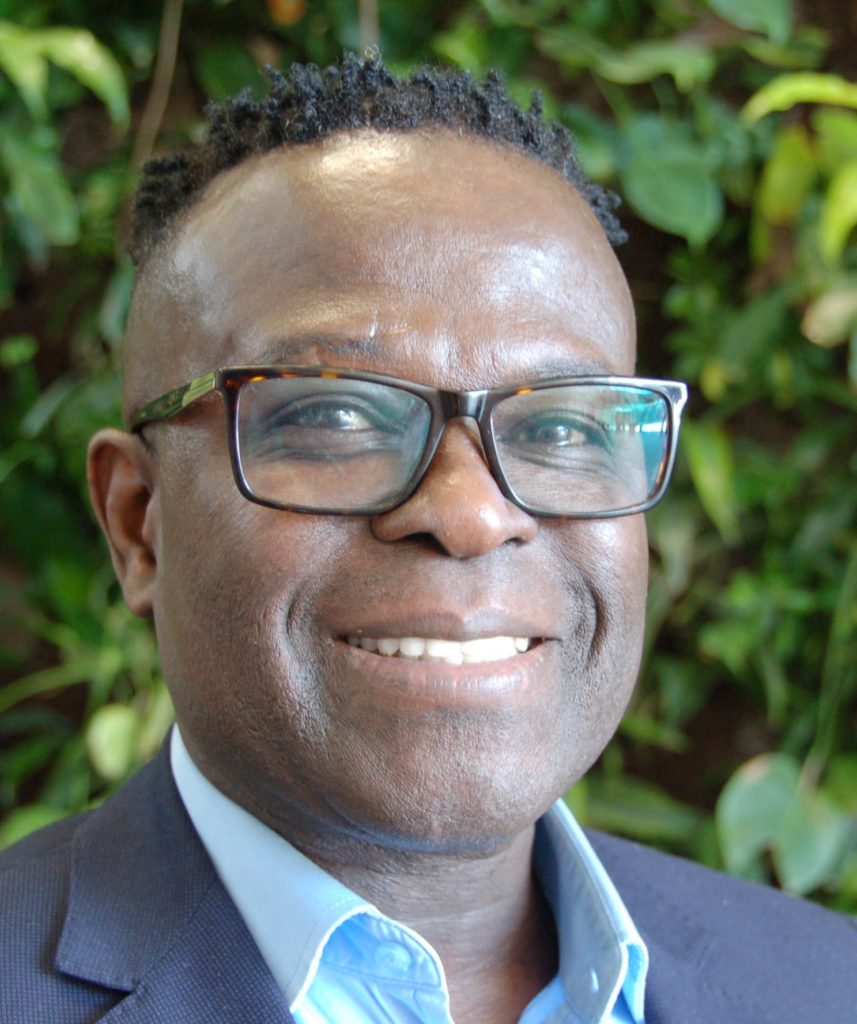
Part 1:
“Societies
work because people work.”
By Professor
Kusi-Appiah,
QE scholar, 2019/2020
“So let us get to work.”
President Chakwera of Malawi,
on Malawi’s 56th Independence day, 2020
Introduction:
I have on many occasions asked people from so-called underdeveloped environments why things are the way they are, and more often than not, they put the blame/fault on the shoulders of ‘government’ (whatever that may mean). However, only one person to date (name withheld) has been bold enough to admit that the problems of so-called underdeveloped environments are exacerbated by the people themselves, for the government of any geographical entity (in spite of globalization) is by and large a reflection of the place it governs! Now, before I proceed, let me put on record that there are both internal and external reasons for underdevelopment and I am not by this expose absolving any one party from blame. I happen to believe that there are complex and diverse reasons for underdevelopment, but I also happen to believe that a lot of the damage could be undone when internal challenges are identified and resolved. We can pontificate till all the cows come home, but we will remain in poverty and in destitution forever, because only one thing leads to prosperity – and that is, doing honest work in freedom. In this two part article, I use a fictitious character and place to demonstrate how socially constructed discourses create social behaviours (unconscious realities) that condone corrupt and unproductive ideas and practices which do not value honest work, and to use a popular Shakespearean phrase, “….which o’erleaps itself and falls on the other….”.
The vicious cycle of negative behaviours that keeps on giving:
Attitudes are formed in different ways. For example, children acquire many of their attitudes by modeling their parents’ behaviours. Operant conditioning, which utilizes rewards, is a mode of attitude formation often employed by parents and teachers (Thondike,1898; Skinner, 1948; McLeod, 2018). Classical conditioning using pleasurable stimuli is another method of attitude formation and one widely used by advertisers who pair a product with catchy music, soothing colors, or attractive people (McLeod, 2018). Attitudes are also formed through direct experience. It is known, in fact, that the more exposure one has toward a given object, whether it is a song, clothing style, beverage, or politician, the more positive one’s attitude is likely to be (McLeod, 2018). And this is where the story of Kofi Abɛbrɛsɛ is instructive.
Kofi Abɛbrɛsɛ was born in a small farming village called Fametu in an underdeveloped environment. He was the last child (out of 22 children) of a successful local farmer. Kofi Abɛbrɛsɛ’s father, a non-western educated farmer and businessman decided to send his son to the local school. Kofi Abɛbrɛsɛ was ‘school smart’ (western education smiled on him), and he was at the top of his class till he left the village school for an Ivy-league style high school in the next big town faraway from Fametu.
After the end of his first semester, Kofi Abɛbrɛsɛ came back to Fametu a changed man, and with the connivance of his parents and all the villagers around him, Kofi Abɛbrɛsɛ decided that he will not participate in any chore that has nothing to do with a book.
And so Kofi Abɛbrɛsɛ stopped washing the dishes after meals; Kofi Abɛbrɛsɛ stopped going to the farm; he stopped going to fetch water from the village stream; he stopped cleaning the house when cleaning needed to be done at home. Kofi Abɛbrɛsɛ stopped participating in village chores because according to him, it was beneath his stature as ‘an Ivy-league boy to do what he referred to as village chores which contributed nothing to development!’ Kofi Abɛbrɛsɛ would rather stay home and take care of things at home while studying peacefully.
True to everybody’s prediction, Kofi Abɛbrɛsɛ successfully finished his first degree in Agri-business and went on to pursue higher degrees in a highly developed and democratic land. In his 6 years in this highly developed and foreign land, Kofi Abɛbrɛsɛ concentrated on his studies and his studies only. Kofi Abɛbrɛsɛ never bothered to find out how things worked in that developed land, he couldn’t be bothered about what was going on around him in the foreign land he was residing in – his interest was solely on his ‘education’, classroom education which mainly involved Western theories. He studied foreign theories of agribusiness, and although he was good at it, he never bothered to find out the practicality of it and whether or not it will suit his local environment. Kofi Abɛbrɛsɛ did not make any effort to relate what he was studying to how it has translated into real life stories or events in his place of study. Kofi Abɛbrɛsɛ completed his studies with flying colours. He insisted that he should now be called Dr. Kofi Abɛbrɛsɛ at all times and without fail! Dr. Kofi Abɛbrɛsɛ returned to his native underdeveloped land with high degrees – he was an expert, his country’s foremost expert in agri-business from a foreign land..
On his return, Dr. Kofi Abɛbrɛsɛ was given a nice bungalow, a car and all the necessary resources to make his work comfortable – all of the above was provided free of charge.
An era of impunity urged on by the community:
In Dr. Kofi Abɛbrɛsɛ’s village of Fametu, he was the darling of the village, he was expected to “do everything”, and he never delegated anything. He was seen as a “god” in the eyes of the village population. The villagers will ask Dr. Kofi Abɛbrɛsɛ for anything and he will give it to them. Indeed, they expected him to have answers to all their questions, and when Dr. Kofi Abɛbrɛsɛ did not have the answers, he will make it up. He will make sure that he had enough money to shower on any one who sang his praises and jumped to attention any time he sneezes.
At some point, Dr. Kofi Abɛbrɛsɛ realized that he did not have all the answers but instead of letting the villagers know, he decided to “buy” his way out of everything by “robbing Peter to pay Paul”. Dr. Kofi Abɛbrɛsɛ started stealing (for lack of a better word) from government coffers. He bought a fleet of cars, and built many mansions, both in the city and in his native Fametu. Dr. Kofi Abɛbrɛsɛ was a popular figure in the village of Fametu. When he went back “home”, he was treated like a king; he was waited upon; his car door was opened and shut for him; he never made his own bed, let alone clean his own shoes, he was “larger than life”.
Then one day, auditors from the big country came to the under-developed land (which was still under-developed) to assess their main agribusiness program (because their country folks back in the developed environment are agitating for accountability). Dr. Kofi Abɛbrɛsɛ was head of the agribusiness program; it was the “flagship” program of the main body that oversees development programs in the under-developed world.
To be continued
Andy Kusi-Appiah is an adjunct professor at Carleton University. His interests are on the impact of social and environmental changes on the health and well-being of vulnerable groups (e.g., 2nd generation Canadians of African descent).


It is very true most of the problems in developing countries are caused by ourselves and we are the solutions to many problems that we face day in and day out
The story of the African elite. Waiting to read the rest
Can you please publish some of articles in Ghana newspapers ? I can facilitate that when I go back to Ghana
Nice work, Andy! Anybody objective individual who grew up where I come from can relate.
Way to go Andy! Very interesting read and certainly leading us to expect the unexpected conclusion. Brilliant article!
This is the time.
This is our time.
Thanks for all your comments. Others who end up in offices of authority (not only MPs) should not get in there to perpetuate the status quo but rather to work with the people to change it.
Onward!!!!